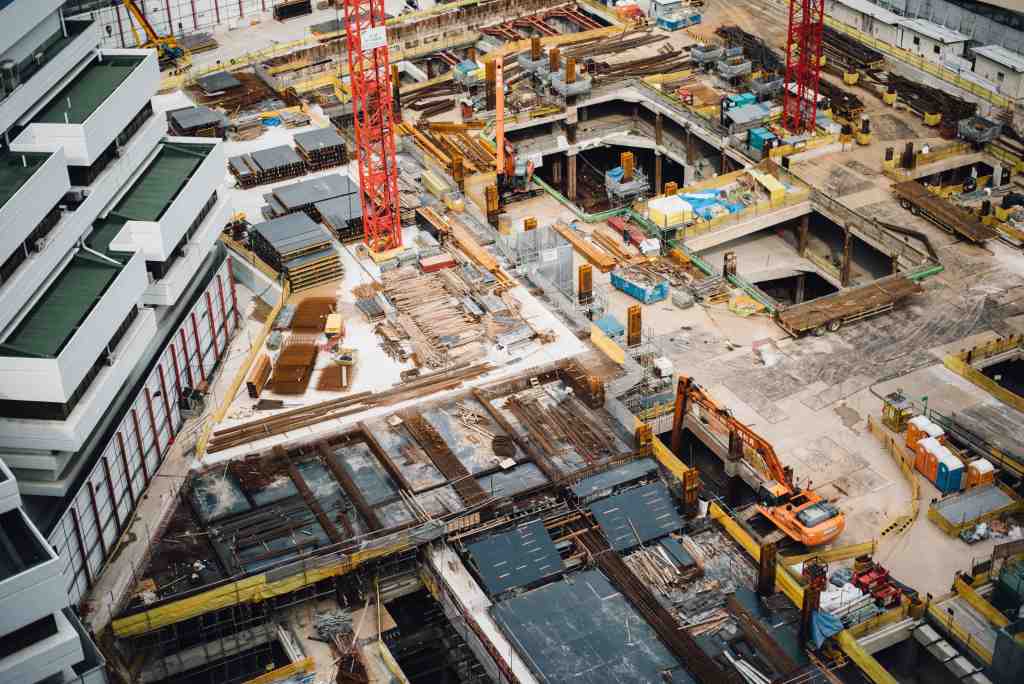
Top Real Estate Trends of 2025
Kenya’s real estate market in 2025 is dynamic, fast-evolving, and full of opportunity. From rising property prices to the growth of satellite towns, both buyers and investors are reshaping how they approach the housing market. If you’re thinking about buying, selling, or investing, understanding the latest trends can help you make smarter decisions.
Here are the top real estate trends shaping Kenya in 2025:
1. Rapid Property Price Growth
Kenya continues to lead globally in property appreciation. In 2025, residential prices are up by nearly 8% year-on-year, putting the country among the fastest-rising markets worldwide. Buyers are increasingly turning to off-plan projects (purchasing before completion), which often deliver even higher returns than fully built homes.
2. Affordable and Mid-Market Housing Demand
With prime city properties becoming costly, demand has shifted toward affordable and mid-market housing. Government initiatives like the Affordable Housing Programme and private developers’ flexible payment plans are helping more Kenyans access homeownership.
3. Growth of Satellite Towns
Satellite towns such as Ruiru, Kitengela, Athi River, and Ngong are booming. Improved roads, bypasses, and the Nairobi Expressway have opened these areas to new buyers looking for more space at lower costs. Developers are focusing on master-planned communities in these locations.
4. Rise of Mixed-Use Developments & Gated Communities
Modern buyers want convenience. Mixed-use developments that combine homes, offices, shops, and recreation spaces are becoming the new standard. Likewise, gated communities offering security, shared amenities, and green spaces are in high demand, especially for young families.
5. Green Buildings and Smart Homes
Eco-friendly living is no longer optional—it’s a selling point. Developers are integrating solar energy, rainwater harvesting, and energy-efficient designs into new projects. At the same time, smart home technology—from automated lighting to remote security systems—is appealing to tech-savvy buyers.
6. Digital Transformation in Real Estate
The market is going digital. Virtual property tours, online listings, mobile payment platforms, and real estate tech apps are streamlining transactions. The Kenyan diaspora, in particular, is benefiting from these innovations, making it easier to invest from abroad.
7. Land as a Preferred Investment
For many Kenyans, land remains the safest bet. Investors are buying plots in fast-growing towns, betting on long-term appreciation. With construction costs high, some prefer to hold land until they’re ready to build or resell at a profit.
8. Shifts in the Rental Market
As homeownership costs rise, the rental market is strong and stable. Demand is highest for smaller, affordable units—such as studios and one-bedroom apartments—especially in secure gated estates close to transport routes. Rent-to-own schemes are also gaining traction.
9. Policy and Regulation Impact
Government policy continues to shape the market. Public-private partnerships (PPPs) are driving affordable housing delivery. Efforts to streamline land titling and registration are improving investor confidence, while tighter oversight is reducing cases of land fraud.
10. Oversupply in High-End Segments
While demand for affordable and mid-range housing is strong, the luxury apartment market in Nairobi is facing oversupply. This has led to higher vacancy rates and pressure on prices in high-end developments. Developers are pivoting to more balanced projects to avoid saturation.









4 comments